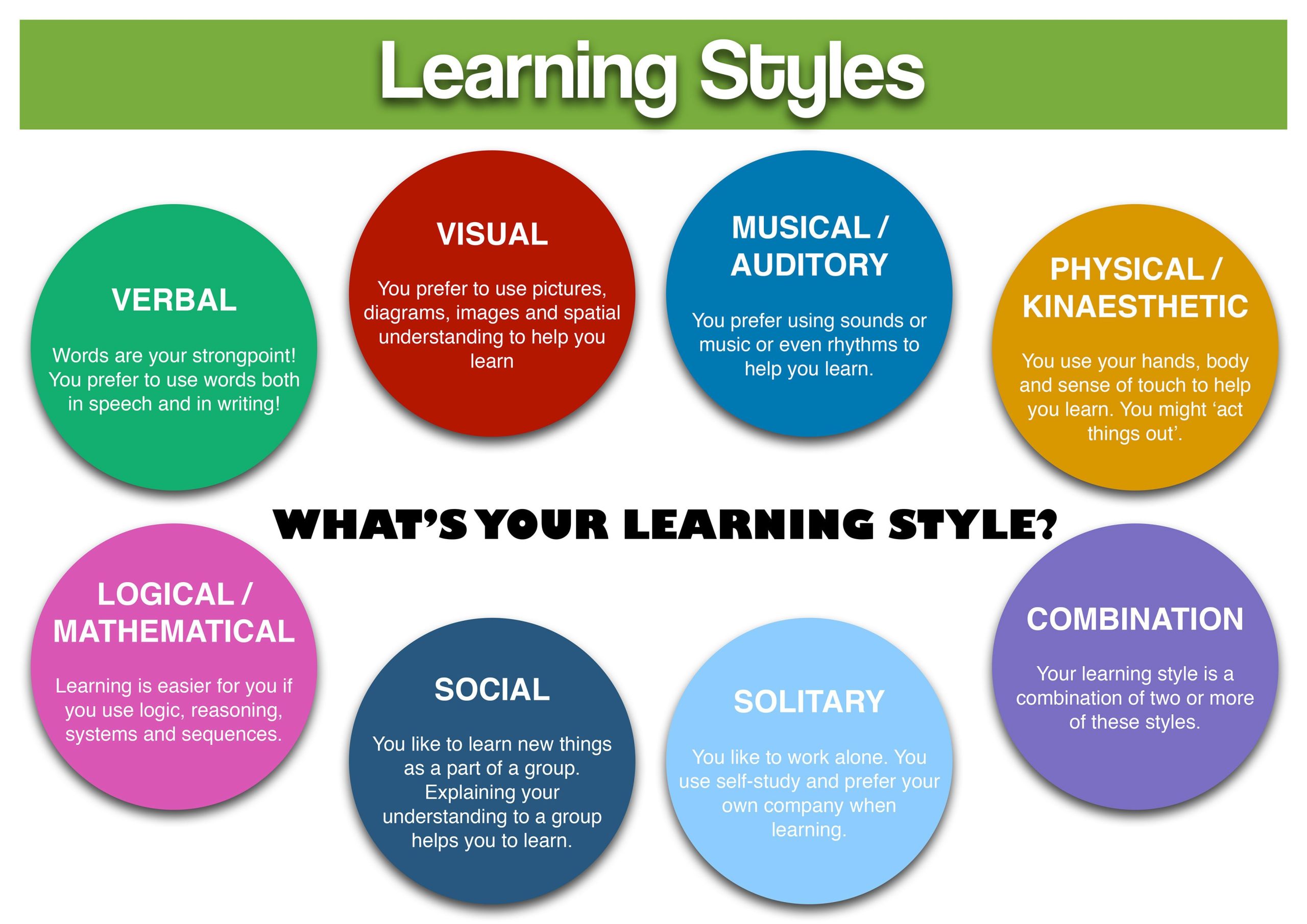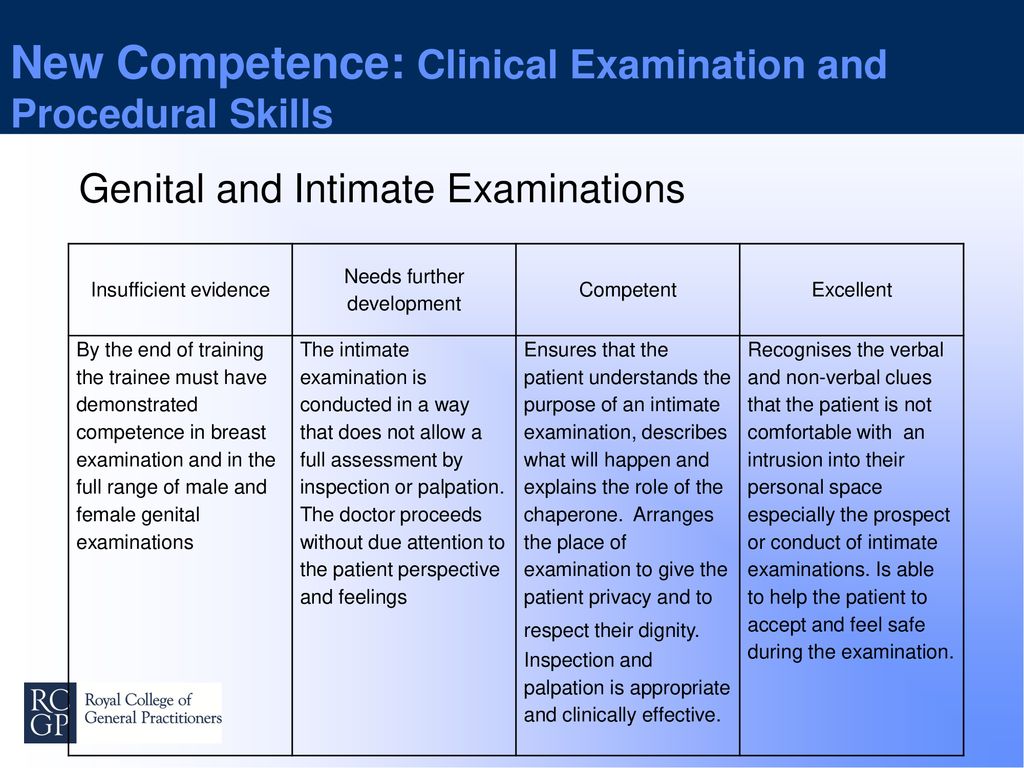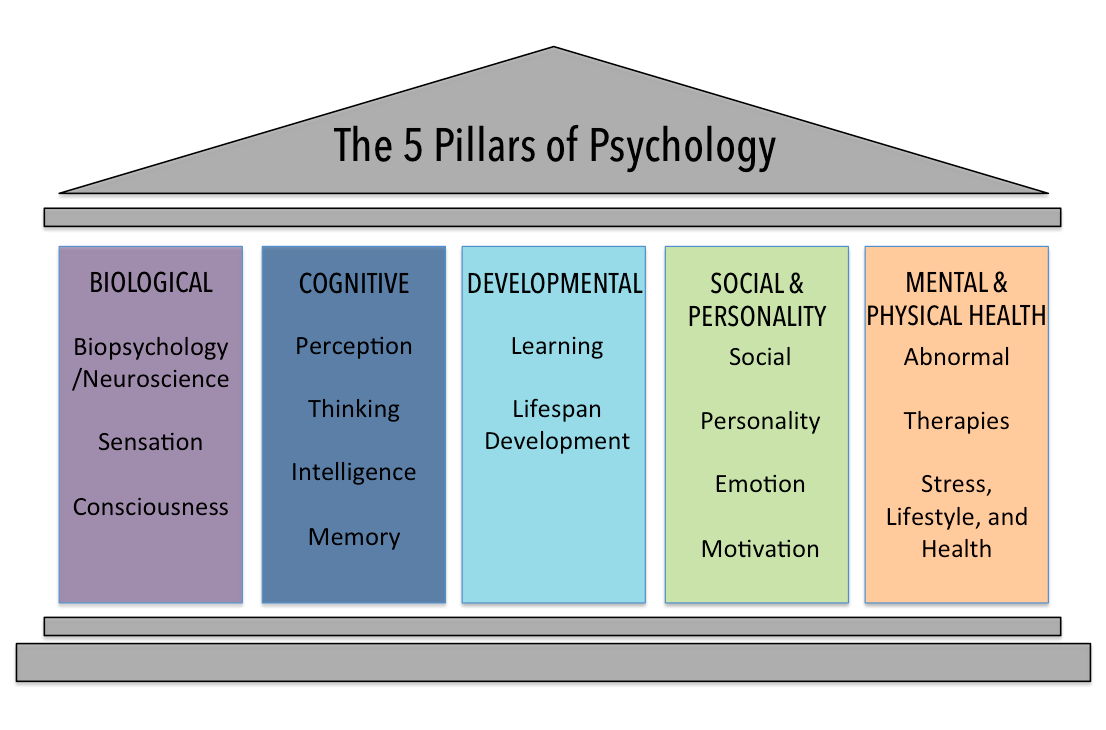 Assess your goals and objectives.
Assess your goals and objectives.
Before embarking on any language course for your college studies, it is essential to assess your goals and objectives. What do you hope to achieve by learning a new language? Are you looking to enhance your communication skills, broaden your cultural horizons, or boost your employability? Understanding your aims will help you make an informed decision when choosing the right language course.
One important factor to consider is the relevance of the language to your field of study. For example, if you are pursuing a degree in international relations or business, learning languages such as Mandarin, Spanish, or Arabic might be beneficial as they are widely spoken in global business contexts. On the other hand, if you are in the field of literature or history, languages like French, German, or Latin could offer access to a wealth of literary and historical resources.
Additionally, think about the level of proficiency you aim to achieve. Some language courses cater to beginners, while others are designed for intermediate or advanced learners. Assess your current language skills and set realistic goals for improvement. It is crucial to choose a course that aligns with your proficiency level to ensure effective learning and engagement.
Consider the teaching methods and resources offered by different language programs. Some courses emphasize conversational practice, while others focus more on grammar and written skills. Think about your preferred learning style and which approach would best suit your needs. Furthermore, explore the available resources such as textbooks, online materials, language labs, and immersion programs. Access to relevant resources can greatly enhance your learning experience.
Another aspect to contemplate is the flexibility and accessibility of the language course. As a college student, you may have a busy schedule with multiple commitments. Look for courses that offer flexible timings or online options, allowing you to balance your language studies with other academic or extracurricular activities. Moreover, consider the availability of support services like tutoring, language clubs, or conversation partners, which can provide additional opportunities for practice and reinforcement.
Lastly, take into account the reputation and accreditation of the language course or program. Research the background of the institution offering the course, read reviews, and seek recommendations from peers or faculty members. Accreditation from reputable language associations ensures that the program meets certain quality standards and can be trusted to provide a valuable learning experience.
In conclusion, choosing the right language course for your college studies requires a thoughtful assessment of your goals and objectives. Consider the relevance of the language to your field of study, your desired proficiency level, teaching methods and resources, flexibility and accessibility, and the reputation of the program. By considering these factors, you can make an informed decision and embark on a language course that will enrich your college experience and pave the way for future opportunities.
Research language courses offered by your college. Look into the language courses offered by your college or university. Many institutions provide a wide range of language courses, so take the time to explore the options available to you. Check the course catalog or visit the language department’s website to get an idea of the languages offered and the level of proficiency they cater to. Consider your own interests and goals when choosing a language course. If you have a specific language in mind that you’ve always wanted to learn, see if your college offers it. Additionally, think about how the language course aligns with your future career plans. If you’re studying international relations or planning to work in a global company, learning a widely spoken language like Spanish or Mandarin could be beneficial. On the other hand, if you’re interested in a particular region or culture, consider languages specific to that area, such as Arabic or Japanese. Take note of any prerequisites or placement exams required for certain language courses, as this may impact your decision.
Evaluate the teaching methods and resources used. Different language courses may employ different teaching methods and resources, so it’s important to consider this aspect when choosing the right course. Some courses may focus more on grammar and vocabulary drills, while others may emphasize conversation and immersion. Think about your own learning style and what methods have worked well for you in the past. If you learn best through hands-on activities and practice, look for courses that incorporate interactive exercises and group work. On the other hand, if you prefer a more structured approach with textbooks and lectures, opt for courses with a traditional teaching style. Additionally, consider the resources available to you. Does the language department have a language lab or multimedia center where you can practice listening and speaking skills? Are there online resources or language learning software provided? These factors can greatly enhance your language learning experience.
Consider the class size and level of interaction. The class size and level of interaction in a language course can significantly impact your learning experience. Smaller class sizes often provide more opportunities for active participation, individual attention, and personalized feedback from the instructor. This can be especially beneficial when it comes to improving your speaking and listening skills. On the other hand, larger classes may offer a more diverse learning environment with a wider range of perspectives and interactions. Consider your own preferences and learning style when deciding on the ideal class size. If you thrive in small group settings and value close interaction with the instructor, opt for smaller classes. However, if you enjoy the dynamic energy of a larger class and appreciate the chance to learn from your peers, a bigger class may be the right choice for you.
Research the qualifications and experience of language instructors. The qualifications and experience of language instructors can greatly impact the quality of education you receive. Look into the credentials of the instructors teaching the language courses you’re considering. Have they obtained advanced degrees in language education or related fields? Do they have experience teaching the specific language you’re interested in? It can also be helpful to read reviews or talk to current students who have taken language courses with these instructors to get a sense of their teaching style and effectiveness. Keep in mind that passionate and knowledgeable instructors can make a significant difference in your language learning journey.
Take advantage of additional resources and extracurricular activities. Finally, consider the additional resources and extracurricular activities offered by the language department or college. Language clubs, conversation tables, study abroad programs, and cultural events can provide valuable opportunities to practice the language outside of the classroom and immerse yourself in the culture. These activities can enhance your language skills, deepen your understanding of the language and its context, and make your language learning experience more enjoyable and enriching. Before making your final decision, research the extracurricular opportunities available and think about how they align with your interests and goals. Choosing a language course that offers a comprehensive learning experience both inside and outside the classroom can greatly enhance your language skills and cultural competency.
In conclusion, choosing the right language course for your college studies requires careful consideration. Research the language courses offered by your college and evaluate their alignment with your interests and career goals. Consider the teaching methods and resources used, as well as the class size and level of interaction. Research the qualifications and experience of the language instructors to ensure high-quality education. Lastly, take advantage of additional resources and extracurricular activities that can enhance your language learning journey. By taking these factors into account, you can make an informed decision and embark on a rewarding language learning experience that will benefit you in your college studies and beyond.
Consider the availability of study resources and support. When choosing a language course for your college studies, it is essential to take into account the availability of study resources and support. Learning a new language can be challenging, and having access to various materials and assistance can greatly enhance your learning experience.
First and foremost, consider the course materials provided by the language program. Look for courses that offer comprehensive textbooks, workbooks, and supplementary materials such as audio or video resources. These resources should cover all aspects of language learning, including grammar, vocabulary, reading, writing, listening, and speaking. Make sure that the materials are up-to-date and aligned with your learning goals.
Additionally, inquire about the availability of online resources. Many language programs now offer online platforms or learning management systems that provide additional practice exercises, interactive activities, and language labs. These online resources can be particularly beneficial for independent study and reinforcement of language skills outside of the classroom.
Furthermore, consider the availability of support services offered by the language program. Learning a new language can be challenging, and it is crucial to have access to assistance when needed. Find out if the program provides tutoring or language labs where you can receive extra help or practice conversation skills with native speakers. Additionally, check if there are language clubs or conversation groups that facilitate language practice and cultural exchange.
It is also important to consider the class size and student-to-teacher ratio. Smaller class sizes generally allow for more individualized attention and opportunities for active participation. This can greatly enhance your language learning experience as you have more opportunities to practice speaking and receive feedback from your instructor. Larger class sizes, on the other hand, may provide more opportunities for group work and collaboration with peers.
Lastly, do not forget to consider the language program’s reputation and accreditation. Look for programs that are recognized and accredited by reliable organizations. This ensures that the program meets certain standards of quality and that the courses are taught by qualified instructors. Research online reviews or speak to current or former students to get a sense of their experiences with the program.
In conclusion, when choosing a language course for your college studies, it is important to consider the availability of study resources and support. Comprehensive course materials, online resources, support services, and a favorable student-to-teacher ratio all contribute to a more effective language learning experience. Additionally, reputation and accreditation should be taken into account to ensure the quality of the program. By carefully considering these factors, you can make an informed decision and choose the right language course that will best support your college studies.
Consult with academic advisors or professors.
One of the most important steps in choosing the right language course for your college studies is to consult with academic advisors or professors. These professionals have a wealth of knowledge and experience in guiding students towards the most suitable language courses that align with their academic goals and interests.
Academic advisors are specifically trained to provide guidance on course selection, academic planning, and overall student success. They can help you navigate through the various language course options available at your college and provide insights on which courses are highly regarded or in-demand. They can also assist in creating a customized course schedule that incorporates your language learning goals within the constraints of your degree program.
Professors, on the other hand, can offer valuable perspectives on the language courses they teach or are familiar with. Since they have firsthand experience with the curriculum, teaching methods, and course objectives, they can provide you with detailed information and recommendations. Moreover, professors often have connections within the department and can provide insights into the quality of instruction, class sizes, and opportunities for further language study.
When consulting with these academic experts, it is essential to come prepared with specific questions and objectives. Be ready to discuss your career aspirations, personal interests, and any prerequisites or language proficiency requirements. This will help them better understand your needs and guide you towards the language courses that will be most beneficial for you.
Additionally, take advantage of any resources your college may offer, such as language placement tests or information sessions. These tools can help you assess your current language proficiency level and determine the appropriate course level to start with.
Remember, choosing the right language course is not just about fulfilling a requirement but also about developing skills that will benefit you in the long run. It is about finding a course that aligns with your interests, challenges you to grow, and enhances your overall educational experience. So, make sure to tap into the expertise of academic advisors and professors, who will be instrumental in guiding you towards the language course that best suits your college studies.
When it comes to choosing a language course for your college studies, there are several factors to consider. One of the most important aspects is to take into account your personal learning style and preferences. Every individual has their own unique way of learning, and what works for one person may not work for another. By understanding your learning style and preferences, you can find a language course that suits you best and maximizes your learning potential.
First and foremost, it is essential to identify whether you are a visual, auditory, or kinesthetic learner. Visual learners prefer to see information through visual aids such as charts, graphs, or diagrams. If you are a visual learner, you may benefit from a language course that incorporates visual elements like videos, pictures, or interactive online programs. On the other hand, auditory learners grasp information better through hearing and speaking. For auditory learners, language courses that emphasize listening and speaking exercises, such as group discussions or language labs, would be more effective. Lastly, kinesthetic learners learn best through hands-on activities and physical movement. If you are a kinesthetic learner, consider enrolling in a language course that involves role-playing, simulations, or practical applications.
Another important aspect to consider is your personal preferences. Reflect on what motivates and engages you during the learning process. Some students thrive in a structured and disciplined environment, while others prefer a more relaxed and informal setting. Consider whether you enjoy working independently or collaborating with peers. Some language courses may be more self-paced, allowing you to progress at your own speed, while others may emphasize group work and interaction. Additionally, think about the teaching methods that resonate with you. Are you more inclined towards traditional lectures or hands-on activities? Assessing your preferences and aligning them with the teaching methods employed in language courses will greatly enhance your learning experience.
Furthermore, it is advisable to research the teaching approaches and methodologies employed by various language courses. Different programs may have different focuses, such as grammar, conversation, or cultural immersion. Take the time to understand the course curriculum and objectives to ensure they align with your goals and expectations. Additionally, consider the qualifications and experience of the instructors. A knowledgeable and experienced language teacher can make a significant difference in your language learning journey.
Lastly, don’t forget to take into account the resources and support available to you. Does the language course provide access to additional materials, such as textbooks, online resources, or language learning software? Are there opportunities for language practice outside of the classroom, such as language clubs or conversation partners? Having access to a wide range of resources and support networks can greatly enhance your learning and provide additional opportunities for practice and improvement.
In conclusion, choosing the right language course for your college studies requires careful consideration of your personal learning style and preferences. By identifying your learning style, reflecting on your preferences, researching teaching approaches, and evaluating available resources, you can find a language course that caters to your individual needs and maximizes your language learning potential. Remember, selecting the right language course is a crucial step towards achieving success in your college studies and beyond.


